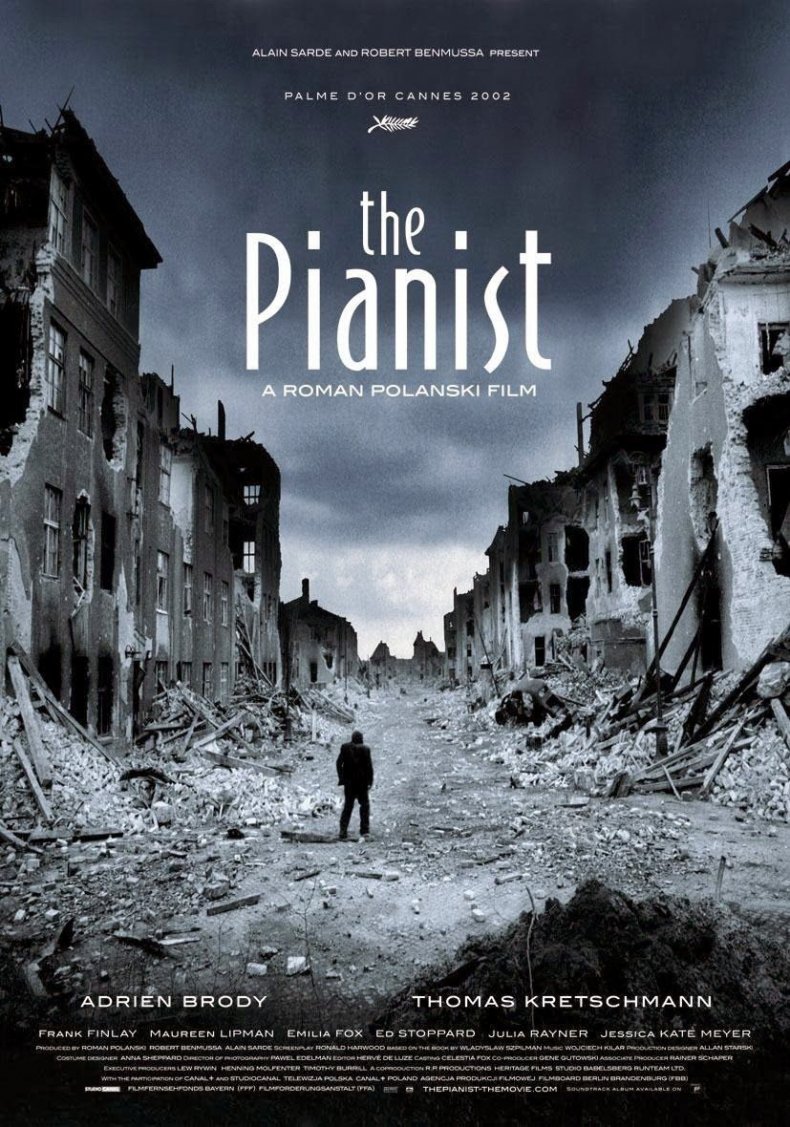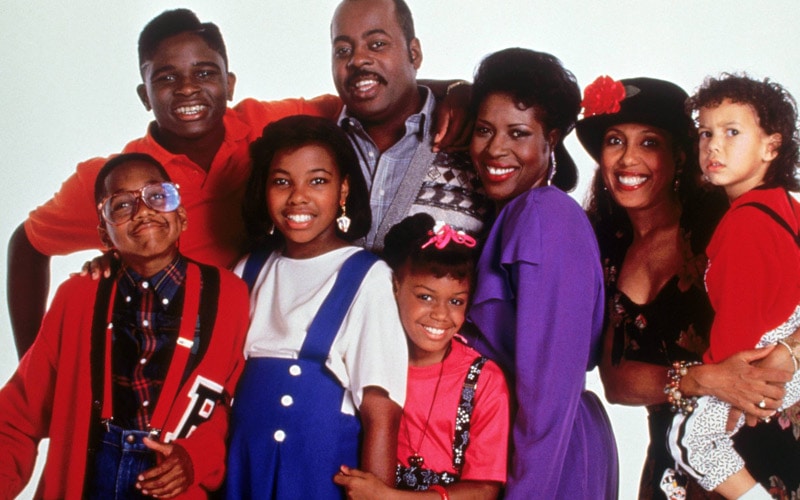
Sci fi lovers are in luck! There are many TV shows that they can watch. There's a sci-fi show for everyone, from For All Mankind to Babylon 5. There are many sci fi shows, from private space companies to space travel, available.
For All Mankind
For All Mankind is a great sci-fi show that combines action and intrigue. The series starts with a simple premise and builds up to a climactic standoff between American and Russian forces, and a race to Mars. The characters in the series are flawed but they do their best to find a compromise. It also uses the philosophy of consequences in the character development and storytelling.
Star power, a great premise and a strong commitment to detail make the series a hit. Even the most common interaction is intricately designed. The show doesn't rely on the latest special effects to create a grand scene. The show is more focused on cause and effect and small decisions can have huge consequences.

Babylon 5
Babylon 5 is a sci fi television series that spans a period of five years. The cast is diverse, and the stories are intricately intertwined. The first season is focused on creating the characters and setting the stage to the next seasons. Season two focuses on the conclusion of the story. The show is a must-watch if you're a fan of the science fiction genre.
It takes suspension of disbelief to see the best sci-fi programs. B5 achieves this through the careful development of its characters. CGI is used in space scenes but it is not too distracting and serves the story.
Fringe
Fringe is an American television series. It aired on Fox in 2008. Anna Torv starred as a special agent who joined the FBI's Fringe Division, to investigate bizarre cases. It blends science and mystery to explore the interrelationships among characters and different realities. Fringe shares elements with The X-Files. However, it is more suited for audiences who are interested in fringe science and bizarre events.
Despite its similarity to The X-Files (the show is very similar), Fringe has not tried to exceed the success it had before. Instead, it has stayed true to its science-based theme, and the episodes have enough story to fill an entire season. The premise of the show is that of a team of scientists who try to solve mysteries using experimental methods.

Falling Skies
Steven Spielberg produced Falling Skies, an all-new sci fi series. The series explores the efforts of human survivors in rebuilding their world after an invasion by aliens. It centers around a group called the 2nd Massachusetts. Its protagonist, Tom Mason, is a history professor who is put in charge of the group after his family is murdered by aliens. Moon Bloodgood is also featured, as well as Doug Jones and Will Patton. The show's science fiction plot relies on solid world building and compelling characters to create an engaging and thrilling experience.
Falling Skies stars Steven Spielberg and is another great science fiction show. It follows a group of survivors on a space station with multiple alien races. This is a good series for fans of science fiction. The series takes you to a completely new world and poses existential concerns about our dependence upon technology. The series also pokes fun of our dependence on technology.
FAQ
Are advertisers willing to spend large sums of money on television?
Advertisers spend a lot to promote their products on television. Advertisers spend a lot of money to get consumers to buy their product.
This is achieved by spending money on research in order to determine what people like and don't love about their products.
This information is then used by advertisers to create advertisements that are appealing to consumers.
What length of time does commercial air take?
Commercials air at different times during the day. Some commercials are shown during daytime, while others air in prime time or late at night.
Most commercials air every hour or half hour.
What Is A TV Spot?
A TV spot (usually 30 seconds) is an advertisement that is shown between the programming segments of a television channel.
Many channels will air multiple TV spots daily. Each TV spot will typically focus on a single topic or theme. These spots are often intended to promote a company or brand.
In addition to promoting products or services, TV commercials can also be used to market events, political campaigns, charitable organizations, and even movies and music videos.
How much does it cost for a commercial to be produced?
Producing a commercial can be expensive. The length of the commercial, the number of stars involved, and the location where the shoot takes places will all affect the price.
In general , a 30 second commercial costs $20,000-$40,000.
How are TV ads delivered?
Television ads are most often seen via TV, cable, satellite and IPTV.
There are many methods to reach consumers today. There isn't enough variety in the distribution methods companies use to advertise their products.
This is because they all look at the same metrics when deciding what delivery method to use.
If you want to measure ad effectiveness via viewing time, you will need to ensure that your advertisement is available on as many platforms and devices as possible.
If you're measuring ad effectiveness based on impressions, then you'll want to ensure that your advertisements are reaching as many eyeballs as possible.
These two methods are not always compatible.
You might see fewer views if your advertisement is on more than one platform.
If you rely on your success only in terms of time, you might miss out on some opportunities.
Is tv advertising still relevant today?
The answer is yes, but not because TV advertising is effective anymore. It's because more people are not watching television. They're using other media instead.
Television ads have become an essential part of marketers' lives. These ads are essential to reach the audience where they spend their most time online.
A TV ad should connect with consumers in a deeper way. This requires us to rethink how we create TV ads.
It is no longer enough to rely solely on simple images and slogans. Instead, we must look at how TV is experienced. How can we make people feel emotionally connected so that they are compelled to purchase our products?
All of these things require creativity. Digital agencies are now the source of creativity.
Statistics
- Television is a great brand awareness tool - Almost every American has a television, with 83 percent of adults having two or more, and American households keep their televisions on for 8.1 hours each day on average. (marketingevolution.com)
- In fact, 76% of people completely skip the commercials while watching their programs. (qualitylogoproducts.com)
- Not to mention, sales rose an incredible 11% following the launch of this commercial. (qualitylogoproducts.com)
- Video-ad views on OTT (over-the-top) devices grew 63% year over year in Q3 2016, and the trend is expected to continue, further crippling traditional TV advertising. (clearcode.cc)
- To get estimated costs for airing a 60-second TV commercial in different regional markets, check out the following figures in this TV ad pricing chart from the media experts at Casual Precision. (fitsmallbusiness.com)
External Links
How To
How do I buy TV time?
You must first have an idea. You don't have to buy airtime if you don’t have an idea. Local stations are always open to your ideas. They are often open to original content.
You can find stations that will give you airtime for free if you are lucky enough. If not, it's worth looking into their past activities. If you find anything that could be used from those shows, it's worth looking into.
Next, create a script. Be sure to structure it and write well. It doesn't really matter how long it takes, as long as you finish it in a reasonable time.
Finally, once you're happy with the script, send it to the station. Tell them who you are, why you think this show would be successful, and what kind of format you'd like to go for.
You will likely also have to provide references (such as other shows they've produced), and examples of your previous scripts.
When you get a response you will know if there is a chance of the show being aired. To get a response, contact someone who is directly involved in the show.